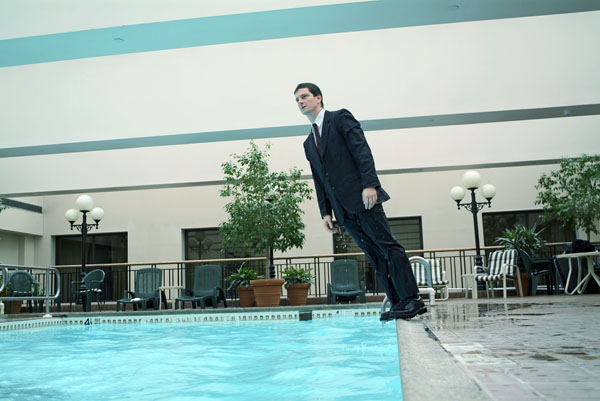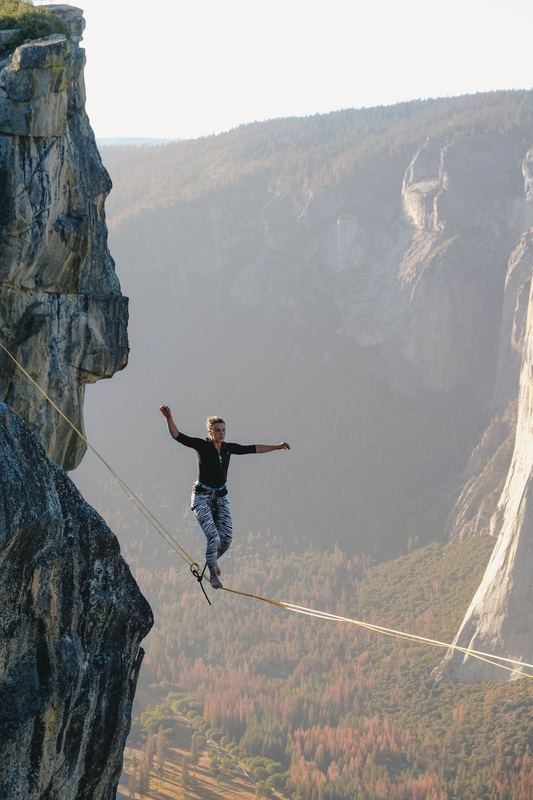What’s our mission?Writers are artists. It’s important to find our mission as artists. On Tuesday evening's Drop-In Writing Workshop, that's what we tried. Intro Constantly, and especially at the end and beginning of every year, I think about why I do what I do. For me it’s a useful tool, focusing my creative work and connecting it to my life as a whole. Why I do what I do helps guide what I do. I think it’s important for all writers and artists to have mission statements. Knowing our mission helps us as writers. First, I shared the short version of my artist statement: As a playwright and theater maker, I love the space between words. I bridge gaps dividing genres, humans and my own disjointed fragments. Studying the distance between us, I seek true connection. I write to root into earth and find present weight in each moment. Aiming to the global impossible through the immediate, tangible here/now, my plays examine how we meet our nature in time/space. Using diverse media to develop dramatic blueprints, I play with text, image, video, music, movement and puppets. As several aesthetic languages inform my work, so do the brain, the body, relationships, landscapes and intricate complexities of human behavior. I physicalize my hardest moments and pour in stories collected through devised collaborations, interviews and observations, submerging our rawest parts together. Cathartic release brings breath. My art looks at the worst of us to locate the best in us. I rip into past with controlled passion, for future’s sake, so I can hold out a hand and sit with you through your own struggle. It's hard being human. My plays are quests for empathy. On each page, I long for so much muchness swimming beneath every word like an ocean. I want to feel the volcano underneath while standing grounded on shore. Orchestral dynamism and rhythm builds to choreographed enormity that accelerates to a stop. Through theater, I want to connect with strangers, loved ones, people I don’t like and people who turn away from me, leaning in and asking how we can live better. Then we got into Andrew Simonet’s book and exercise: We spent the majority of our evening using Andrew Simonet's amazing book (Making Your Life As An Artist, available for free or purchase here) to write our own mission statements. Even if you’ve written a hundred already, I think this is a valuable practice in re-centering who we are as artists. Writers are artists, after all. I’ve gone through his process on my own, but haven’t had much chance to go through the process with others as Simonet details, so that's what we tried. Go download the book right now and look at the Mission section. That's exactly what we did, working in pairs/small groups, solo and as a big group. Check it out NOW! Read the Mission chapter, then try writing yours with a friend or a group or alone. Whether you start solo or with a friend, share what you write with a collaborator as you continue to craft and revise your mission. Then, can your writing continue to live out this mission? If not, do you need to change your mission again, or refocus your writing? Good things to keep thinking about as you grow as an artist. We finished by reading Nick Jaina’s stirring essay Courage, after which we wrote our own statements about the writers we want in the world right now. 21. Courage Nick Jaina • September 10, 2018 I want writers with courage. I want writers who will have a conversation with their own heart, even if it's an argument. I want writers who mend their wounds with willow leaves. I want writers who carry pictures of their heroes in their mind to help them through the hard times. I want writers who make markings on their body in a language only they can understand. I want writers who feel pain, who feel around the edges of pain, who locate and map the shape of that pain, and instead of walking away from it, they dive into the center of it. I want writers with courage to dissect the language around them, to assess the words clattering all through their day, to divide those words and resurrect them, to cross examine them. To ask those words, "How did you get here? Who brought you? What do you represent?" I want writers who want to be journalists, who want to investigate an emotion, track down its origin, look through emails from that time, look at the newspaper headlines, wade through the many feet of microfilm. I want writers who want to be poets, who will polish a phrase like it is a mottled rock in the belly of a glacier, waiting for millennia until the right moment to spit it out. I want writers who want to be architects, who will build scaffolding for their whims, who will clear a city block of traffic to construct their dream. I want writers who want to be choreographers, to move a human body, every limb a pipe cleaner, to push a dancer past their own conception of their body, to lead them to climb on a pillar of air. I want writers who have a heart and a brain and a body and a stomach. I want writers who write from the bottoms of their feet. I want writers who vomit on the tundra in freezing rain and crawl back into the tent alone. I want writers who will stare at a mountain as the sunlight shifts by degrees down the parabolic sky, activating kaleidoscopic facets of colors in the rocks that you won't be able to see again until the same moment the next year, if the clouds part again, if there's even a next year. I want writers with courage. I want writers who are willing to lose friends, willing to lose toes, willing to lose their comfort and their style, willing to lose what is familiar and recognizable. I want writers who are willing to lose everything they thought made them who they were. I want writers who are willing to see what they can live without. Can you live without a pillow? Can you live without television? Can you live without dinner? I want writers who will sacrifice. I want writers who will be honest about what they think is sacred and what they think is profane. I want writers who will describe what the vase in front of them looks like. Not what they think the consensus opinion of the vase is, not what they think someone else would say about it, but what they see when they look at the vase, having walked through all the decades of their life, the lost hope, the severed hearts, the dead-end discussions, the plans b through z. I want writers who will walk us through all of that and then let it go and be willing to tell us plainly what they see before them. If they are willing to do that, which by the way is the easiest thing and the hardest thing in the world to do, then they are qualified to be a writer. Which means that everyone is qualified to be a writer. Which means that no one will actually really actually do what they really actually need to do to actually be a writer. Which is to have courage. Which is just to have courage. Thanks everyone for writing with me! Have a wonderful end of year.
0 Comments
Leave a Reply. |
Like what I'm posting? You can leave me a tip!
$1, $10, $100, whatevs :) Heidi KraayProcess notes on a work in progress (me). This mostly contains raw rough content pulled out of practice notebooks. Occasional posts also invite you into the way I work, with intermittent notes on the hows and whys on the whats I make. Less often you may also find prompts and processes I've brought to workshops, as well as surveys that help me gather material for projects. Similar earlier posts from years ago can be found on: Archives
April 2024
Categories
|


 RSS Feed
RSS Feed